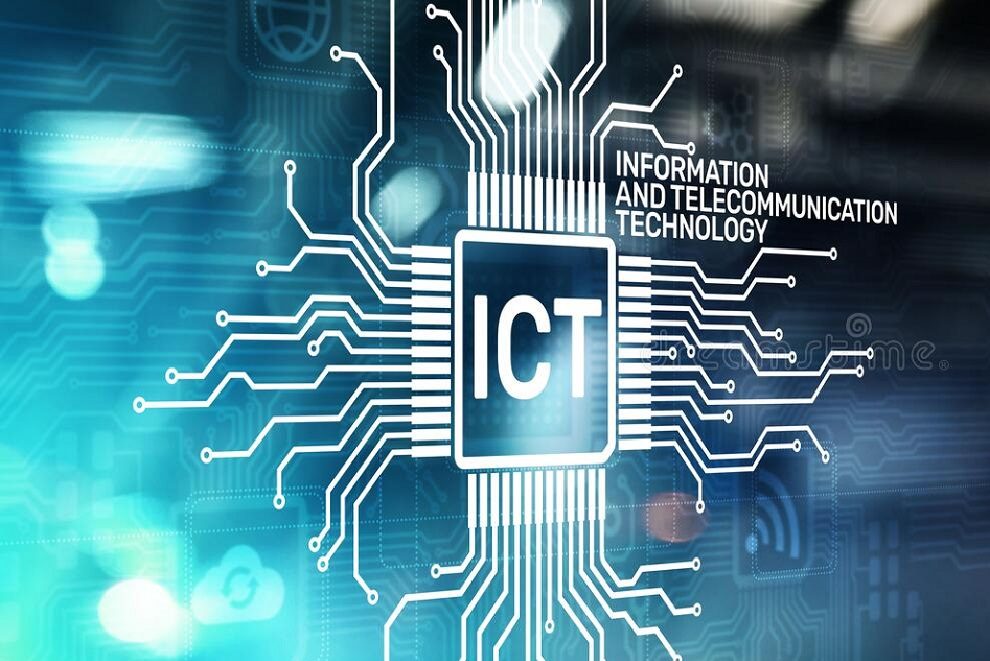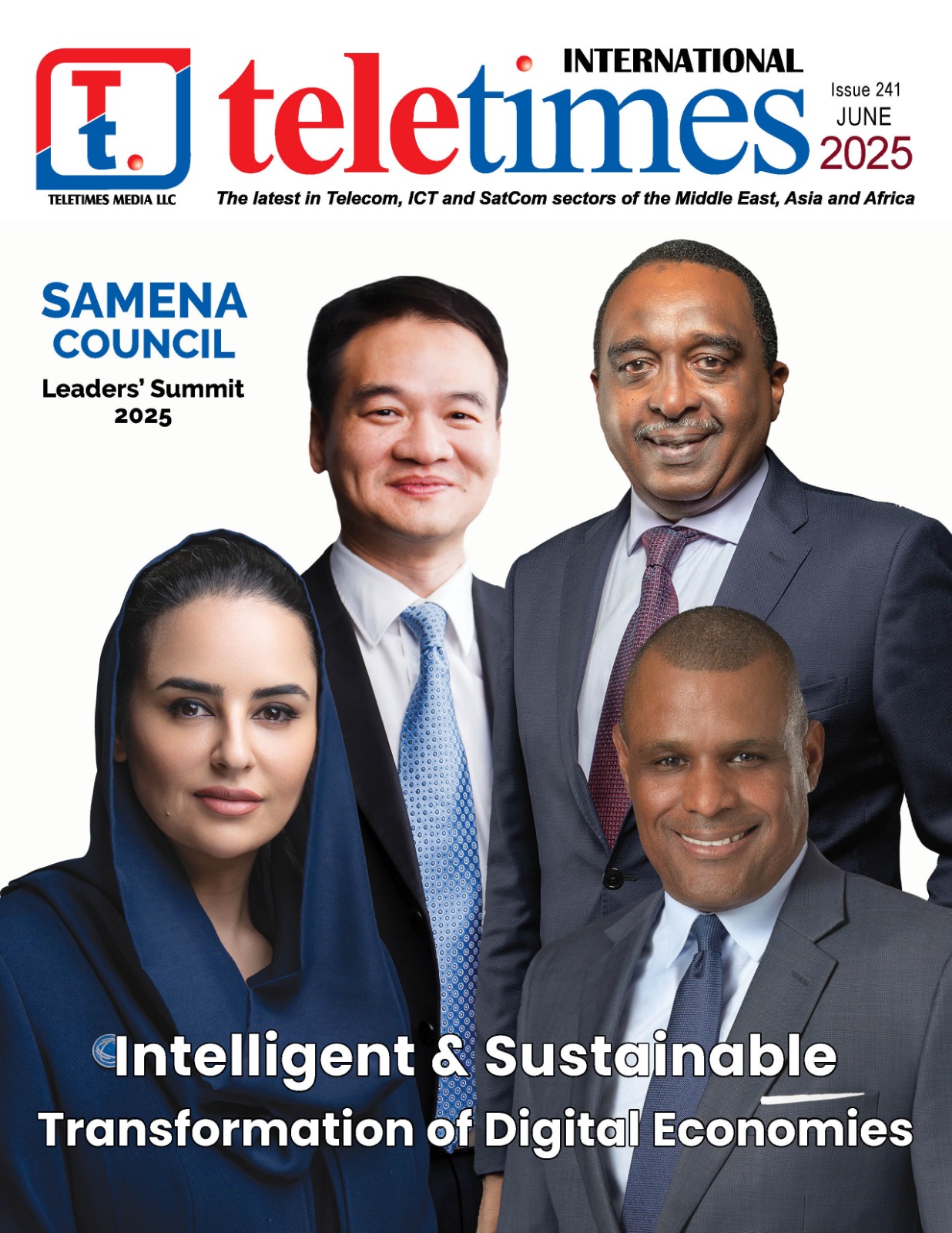A joint report by the UNESCO Institute for Information Technologies in Education (UNESCO IITE) and Huawei has revealed the importance of developing ICT talents and creating relevant ecosystems to enhance ICT skills in the Middle East and expand access to career opportunities in the digital world.
Titled: “Talent Ecosystem for Digital Transformation: Insight Report on ICT in Higher Education and Technical and Vocational Education (TVET) in the Middle East and Pakistan”, the joint publication aims to provide evidence about the capacities for ICT talent development and recommendations for decision-makers and other stakeholders on strengthening the digital skills required for employability in the digital era labor market. The report covers Bahrain, Iraq, Jordan, Kuwait, Lebanon, Oman, Qatar, Saudi Arabia, UAE and Pakistan.
Commenting on the report launch, Mr. Tao Zhan, Director of UNESCO IITE, said, “UNESCO has identified ICT as a tool for accelerating the progress towards the Sustainable Development Goals (SDGs), including equitable access to quality education for all. The report highlights how joint efforts by governments, universities, international organizations, and the business community can have a lasting impact on the region’s socio-economic transformation.”
Mr. Shunli Wang, Vice President of Huawei Middle East, said, “As the report shows, ICT is a powerful tool to facilitate social impact. We are proud to see countries in the region prioritizing ICT skills development to drive sustainable growth. Public-private partnerships are key to achieving ICT talent-nurturing goals. In collaboration with our partners and customers, Huawei will continue to play its role in enhancing ICT skills across the region and preparing the youth for the future of work.”
“The report also demonstrates a direct link between ICT talent development and digital transformation. Huawei, therefore, remains committed to providing the latest technologies and expertise to advance digitization across the region, while working with partners to ensure the talent is available to drive digitization. We also realize that our partners and the communities we serve have prioritized environmental protection. Huawei’s digital power solutions can drive green development through promoting renewable energy, electrification of transport and greening of digital infrastructure to cut carbon emissions,” Mr. Wang added.
Higher education and TVETs are considered significant enablers of digital transformation and vital components of national visions and strategies for economic development by most of the countries. Therefore, modernizing education systems and upgrading ICT infrastructure have become national priorities across all surveyed countries. Proper infrastructure and qualified human capital are pivotal for achieving SDGs.
This focus is reflected in the ever-increasing number of institutions offering ICT-related studies. For example, 23 universities and colleges (out of 30 higher education institutions) in Oman admit students to ICT-related majors. In Iraq, 12 vocational schools offered computer and information technologies courses during the 2018–2019 academic year. In Pakistan, the government has set up the Allama Iqbal Open University (AIOU), the Virtual University of Pakistan (VU), and the Information Technology University to promote ICT in higher education and TVET.
Equal access to technical, vocational, and university education is one of the pillars of SDG 4. Data shows efforts taken to address gender inequality in higher education in the region are bearing fruit. The report revealed that female enrolments grew at an annual rate of 5.1% in Saudi Arabia from 2012 to 2018, whereas female students in Qatari public higher education institutions generally outnumbered their male counterparts. In public higher education, the ratio reached 322 to 100 in the 2019–2020 academic year.
Digital transformation is conditional on the availability of advanced ICT infrastructure and high connectivity in many countries in the region. Mobile-cellular subscriptions rate is high across the region: 186 per 100 inhabitants in the UAE, 159 per 100 inhabitants in Kuwait, 132 per 100 in Qatar and 124 per 100 in Saudi Arabia.
Countries in the region have prioritized collaboration to fast-track ICT talent development, with Huawei leading talent development efforts in the region among ICT private enterprises. In Saudi Arabia, Huawei backs the Saudi Talent Enabling Program (STEP) to nurture 10,000 local talents by 2023. In Oman, Huawei operates ICT academies at Sultan Qaboos University and the University of Technology and Applied Sciences. Huawei has also run an ICT Academy at the University of Bahrain, aiming to train more than 500 students per year in such technologies as cloud computing and AI. Huawei runs the ICT Competition “Seeds Program for the Future in Jordan” to stimulate innovative thought, accelerate integration with advanced technology and upgrade the skills of university students.












